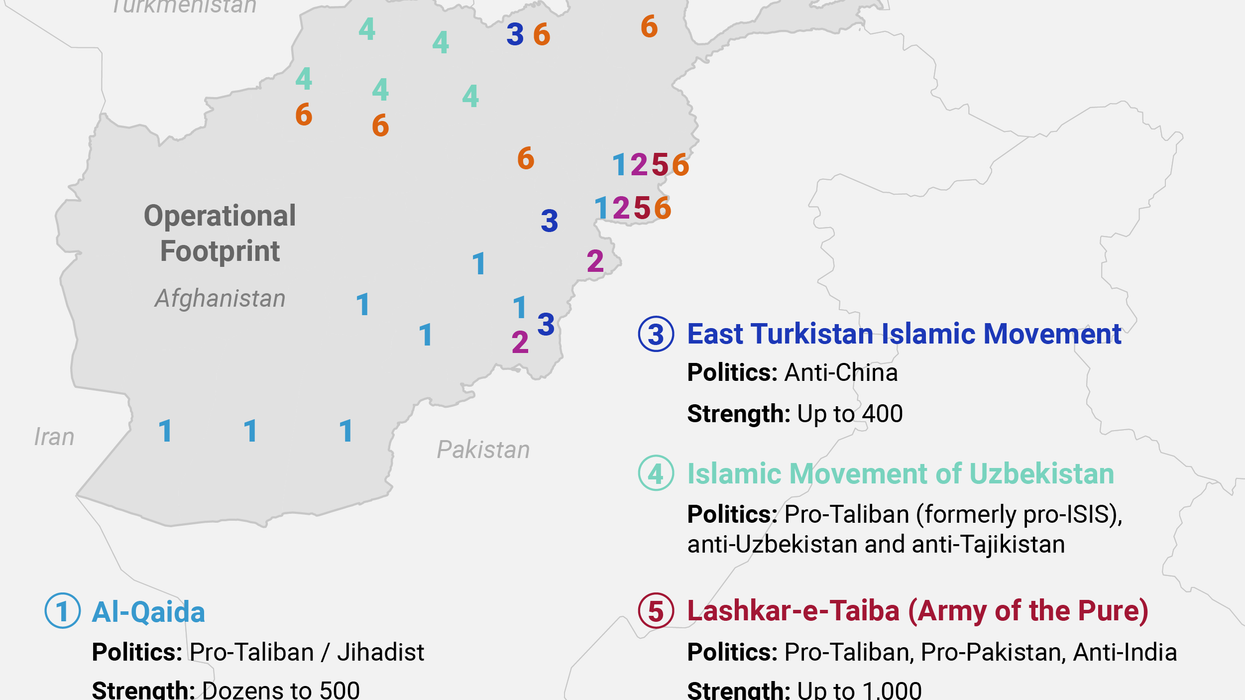What We're Watching
Syria’s leader declared president, constitution scrapped
Syria’s de facto leader Ahmad al-Sharaa was on Wednesday declared president by a group of top military commanders.
Jan 29, 2025





